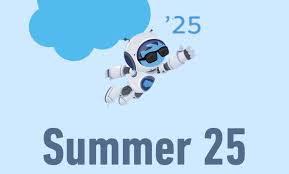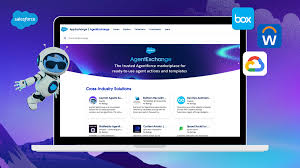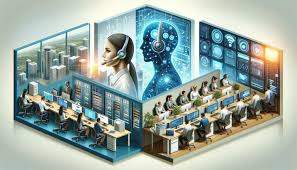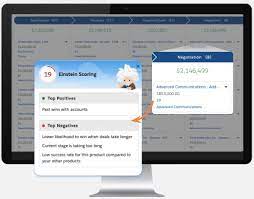AI for Hospitality and Travel Salesforce
Creating Data-Driven Decision Making Automations with Artificial Intelligence for the Tourism, Travel, and Hospitality industries with Salesforce Solutions



AI for Hospitality Travel Salesforce
Tectonic has helped clients create a real-time view of their guests to empower data-driven decisions with AI to surprise and delight them with personalized service across every interaction.
Salesforce provides tailored AI solutions for the hospitality and travel industry, helping businesses in this sector deliver exceptional customer experiences, streamline operations, and drive growth.
Over the past few years, CX vendors have rapidly integrated generative AI (GenAI) across the customer experience landscape. This wave of innovation has brought advancements like auto-summarization, customer response recommendations, and intent analysis, especially within Contact Center as a Service (CCaaS) solutions. However, as these capabilities become standard, differentiation now hinges on more advanced AI solutions, orchestration of cross-platform workflows, and collection of industry-specific datasets.
Agentic AI, where bots autonomously handle tasks without human intervention, is emerging as a critical differentiator. This shift is reshaping sector-specific processes. Take network providers, for instance; they can leverage agentic AI to detect service outages, create affected customer segments, and proactively send alerts.
Salesforce supports this trend with its Agentforce platform, which debuted at Dreamforce 2024, introducing 100 pre-configured, autonomous bots designed for specific industries. By 2025, such bots will likely proliferate, expanding across ecosystems like Workday to facilitate cross-functional automation.
Salesforce provides technologies that digitally transform travel, tourism, and hospitality businesses.
AI for Hospitality, Travel and Tourism Salesforce Solutions:
Salesforce for Hospitality:
- Artificial intelligence (AI) is transforming the travel and tourism industry by improving customer service, travel planning, and more:
- Customer service: AI can handle large volumes of inquiries quickly and accurately, offering personalized recommendations and resolving issues in real time.
- Pricing: AI can predict optimal hotel prices and flights.
- Marketing: AI can analyze customer reviews and social media posts.
- AI can improve the customer experience and make travel more accessible and enjoyable. However, successful integration of AI into apps requires a combination of technical expertise, data management, scalability planning, user-centric design, and ethical considerations.
Ready for an AI for hospitality Salesforce Implementation?
Explore the possibilities of Salesforce AI for travel and hospitality or other Salesforce solutions based on your company’s goals. Tectonic is ready to partner with you, offering support at every stage of your Salesforce journey. Reach out online to request more information or schedule a call – we look forward to discussing your needs!





















